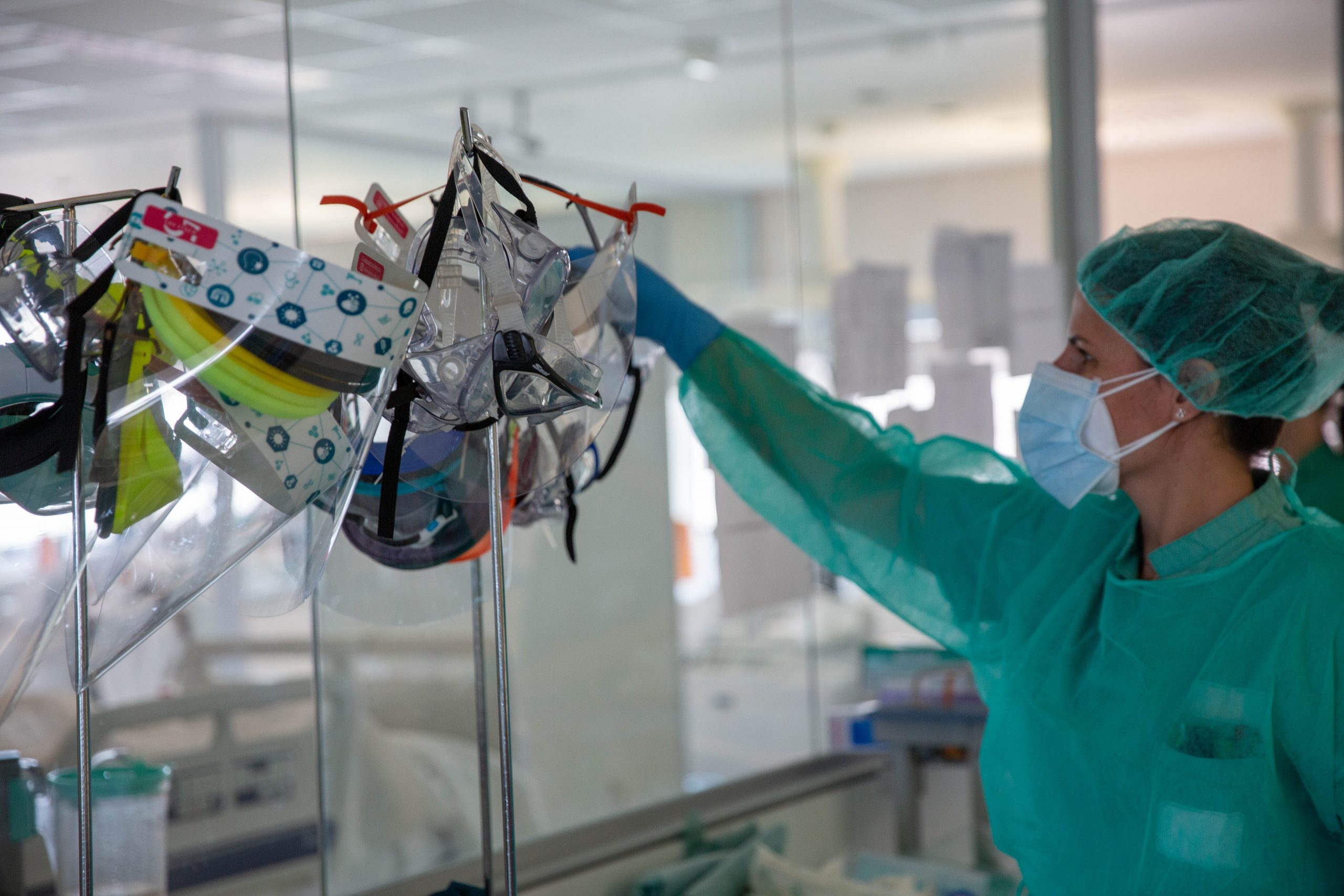We have been talking about this for many years. The post-COVID-19 reality means that it is now more necessary than ever to undergo reformations in the Health sector that will allow the system to be more flexible and provide it with the tools necessary to face health care crisis such as that we have just experienced. However, most researchers agree upon the fact that COVID-19 has been the first pandemic of the 21st century, but it will not be the last. First of all, we need to be prepared to coexist with this virus, at least until a vaccine is available on the market.
The great axes around which an urgent restructuring of the healthy system must pivot are, in my opinion: an increased Health budget, with total transparency; the introduction of reformations in the management of human resources and implementation of new organisational models, where digitalisation plays an essential role; the overcoming of barriers between levels of care, with greater integration in the social space; and the necessary involvement and collaboration of all resources in the system, both public and private.
Any type of reformation necessarily involves flexibilisation of the health system, the rigidity of which has been causing a lack of efficiency and loss of quality with regards to citizen care for decades. At a time when it is more important than ever to contribute, innovate and position ourselves one step ahead of any health care crisis that may threaten the population, the institutions must be brave and make effective decisions.
I have spoken about the necessary increase for the Health budget, of course, always from absolute transparency, prioritising resources and specifying items. But perhaps the most urgent challenge for a health system such as the Spanish one is the necessary reformation of the management of human resources, where, in my opinion, it would be advisable to redefine the legal framework in order to permit a more modern management of human resources and to introduce variable remuneration models and bonuses, in order to recognise the value provided by professionals at all times.
In the same way as the citizens have new needs with regards to the care for their well-being, I believe that it is essential to restructure the current medical specialties and to make decisions that permit an increase in the number of certain disciplines in order to adapt the offer to the demand for care. Spain is currently generating a large number of specialists that, as a consequence of the technological advances or the demographic profile of the citizens, are no longer necessary in these quantities. Even so, there is a lack of specialists in modalities where jobs for Resident Medical Interns (RMI) are not anticipated. This situation generates imbalances, rigidity in the system, low performance and, most importantly, a decrease in quality and care for citizens. Because if there is a lack of specialists, the waiting lists grow longer.
This COVID-19 crisis will imply an acceleration in the digital transformation process. It is fundamental to implement new organisational models to consolidate the general focus on digitalisation both for health care (with predictive models and online and offline care, useful healthcare websites, direct communication between the patient and their physician, promotion of home care and remote medicine, etc.) and for managing medicines (integrate complements for pharmacists in the care circuit, guarantee online prescriptions and a medicine cooperative, among others).
Another aspect to be learned from this health care crisis is that we must progress the citizen’s perspective as the protagonist of our system and overcome all barriers between the levels of care: primary care, hospital, nursing homes and specialised services. It is essential that we strengthen primary care, guarantee human resources and materials in order to offer personalised, approachable and quality care for our citizens.
It is urgent, after the devastating effect that COVID-19 has had on nursing homes, to reconsider the creation of a single socio-healthcare space in order to break the duality between Health and Social Well-being. Nursing homes must be added to the work areas that are currently integrated to the health departments.
Throughout this transformation, we must avail of all of the agents in the system, both public and private, because if there is something else that we’ve learned from this pandemic it’s that without working together and collaborating, it would have been much more difficult to provide an effective and quality response to our citizens.
I would like to dedicate this article to all of those who have lost their lives as a result of this pandemic.
(This article was published in New Medical Economics on 1sth July 2020)

